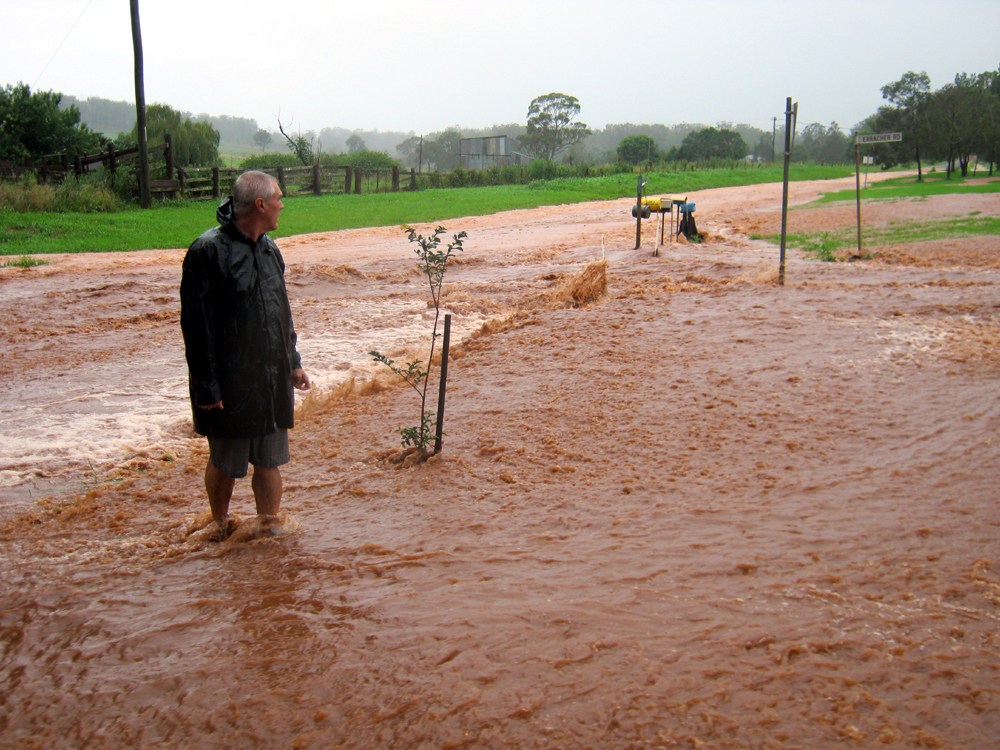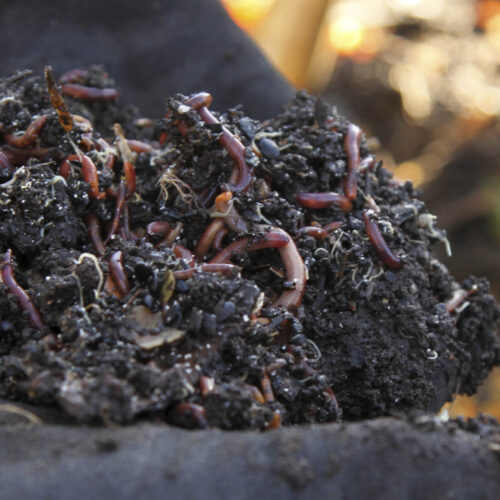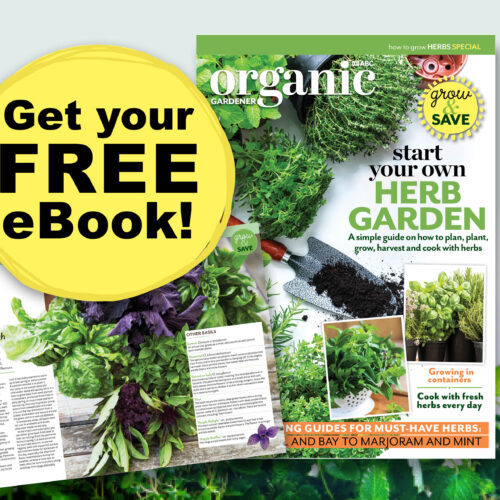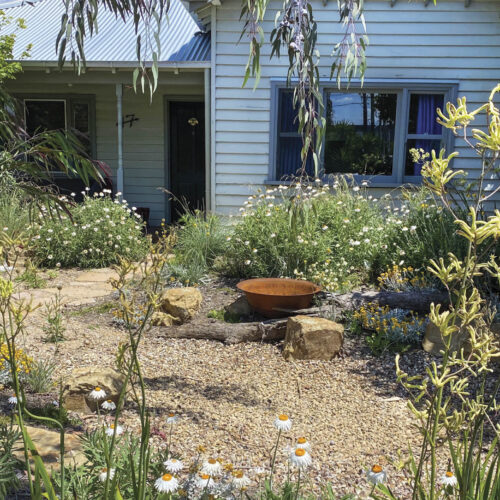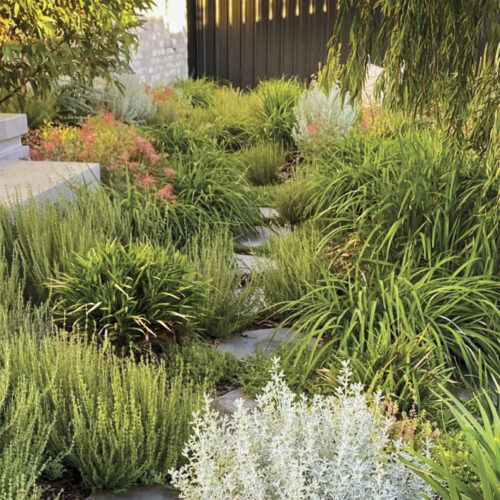Confessions of a weather watcher
2011-09-23T00:11:29+10:00
JUSTIN RUSSELL explains why it's okay to be a "weather nerd", and describes his system for recording the rainfall and temperature in his cool climate garden.
What do surfers, event planners, builders, landscape photographers and gardeners have in common? You’ve probably already guessed the answer – they all have a minor obsession with watching the weather. Any activity conducted outdoors is affected by the weather to some extent, but for those of us working with plants and soil, weather watching is one of the most helpful skills we can acquire. It might not be considered sexy, but predicting, recording and preparing for weather is just as important to the gardener as knowing how to use a spade or a pair of secateurs. I happily describe myself as a weather nerd. Most days I check the forecast. I keep an eye on the long range rainfall predictions and even try to get a jump on what could happen months advance by monitoring the Southern Oscillation Index. But it is a minor obsession. I don’t flip out if I miss a forecast on get dumped on by a thunderstorm and I don’t have one of those fancy outdoor weather stations recording everything but a fart in the wind. But I do have a outdoor digital thermometer, a rain gauge and a diary. I use the thermometer to record the temperature of the warmest days and coldest nights, which I then transfer to my diary. Same goes for the rain gauge. During a rain event I measure the rainfall in the 24 hours to 9am (same as the weather bureau), and transfer it to my diary, tallying up the total at the end of every month, season and calendar year. I could be more obsessive, of course, but this system works well for me. At any given time I can look back through my diary and get an idea of when the first and lasts frosts occurred, the total number of frosts for the year, how much (or how little) rain we had for a particular season and so on. I can then take this data, combine it with the official forecasts by the BOM, and use the combined knowledge to get the most from my gardening efforts. For example, the latest frost I’ve measured was October 18, 2010, so I know that if I plant tomatoes earlier than this date there’s a chance that they might get wiped out. Based on my rainfall records, I know that September is typically our driest month of the year, which means that I need to be economical with tank water, lest we have to buy more in like we did in 2009. Weather watching isn’t rocket science. And you don’t have to be a nerd. Keep it simple, try and relatively diligent with your record keeping, and don’t forget to apply what you’ve learnt. When it comes to weather, nothing trumps local knowledge.

